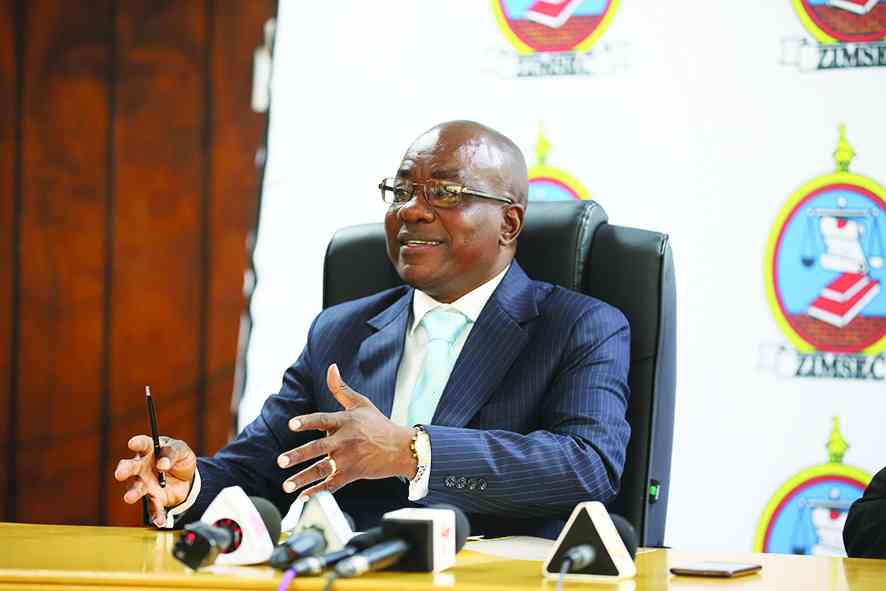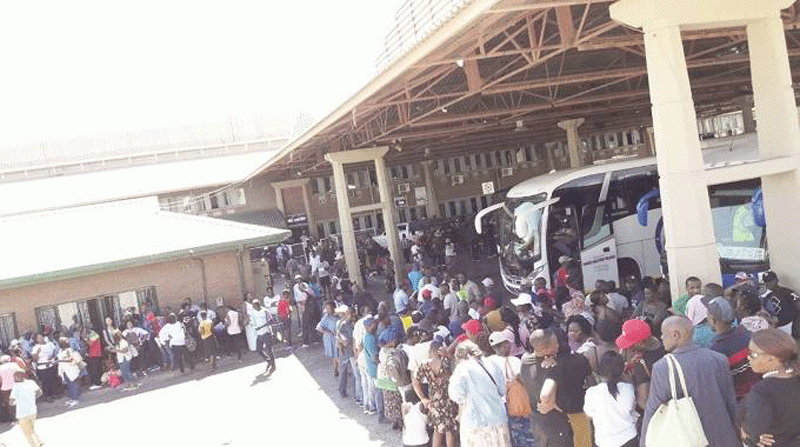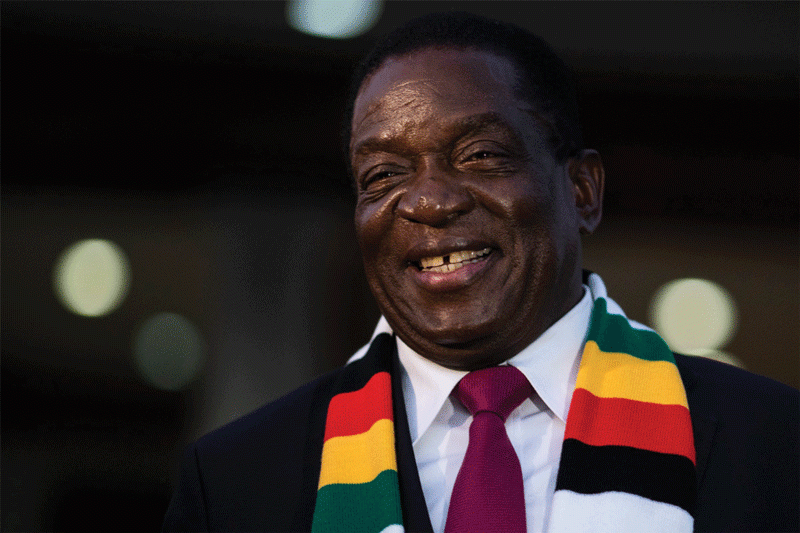
The European Union (EU) looks certain to relax the embargo against top Zanu PF officials accused of human rights violations and some State enterprises that were deemed accessories to the abuses when it meets today.
According to diplomats last week, the meeting in Brussels would see the EU including Zimbabwe in it its development plans for 2014-2020 after over a decade of exclusion.
Ministers were also due to signal their readiness to back “a significant” slimming down of asset-freeze and travel-ban lists later this year, the reports said.
The EU started reviewing sanctions against Zimbabwe last year following the formation of the inclusive government in 2009.
The restrictive measures were imposed after the violent land reform programme that began in 2000 and President Robert Mugabe’s decision to bar an EU election observer mission on the eve of the disputed 2002 presidential elections.
Zanu PF has over the years used sanctions to cover up for its failed policies and misgovernance, blaming everything that has gone wrong in Zimbabwe on the sanctions.
The so-called sanctions have also become an easy excuse for Zanu PF’s failure to market sellable messages during election periods. Attorney-General Johannes Tomana, whose record is in tatters, also dreams of making history through an outlandish challenge against the sanctions at an EU court.
It is against this background that we believe that the sanctions in their present form have not been very effective. President Jacob Zuma of South Africa and other leaders have urged the EU to lift the measures so the international community can see that the problem in Zimbabwe is not sanctions.
- Chamisa under fire over US$120K donation
- Mavhunga puts DeMbare into Chibuku quarterfinals
- Pension funds bet on Cabora Bassa oilfields
- Councils defy govt fire tender directive
Keep Reading
There is no evidence that Zanu PF and Mugabe have changed their ways over the past decade since these measures have been in existence.
In fact, in 2008 Zimbabwe witnessed some of the worst electoral violence in its history ahead of the June 27 presidential run-off poll.
Some in Zanu PF actually used the sanctions as an excuse for barbaric acts.
A clique in the party has also become filthy rich while the majority of Zimbabweans have been driven deeper into poverty as the ruling elite puts more effort into proving that they can do better without Europeans.
It would have made a lot of sense for the EU to suspend the restrictions, especially against the State-owned companies soon after the formation of the inclusive government.
Their continued existence has been used by Zanu PF to sabotage the inclusive government as the party has refused to respect the Global Political Agreement claiming that it was constrained by sanctions.
However, all is not lost as modifying the measures now might encourage Mugabe to allow for free and fair elections in addition to speeding up long overdue reforms. But this must be accompanied by new strategies that would keep Zimbabwe on the radar and prevent the country from sliding back to its chaotic past.











